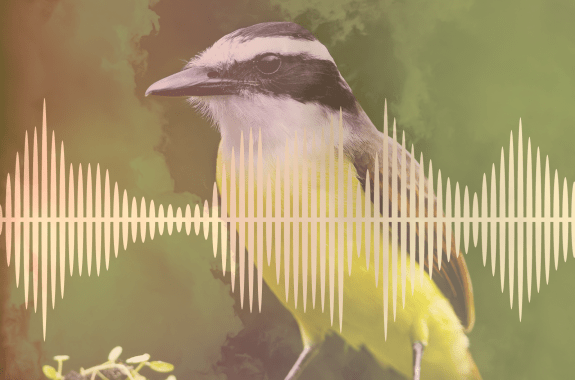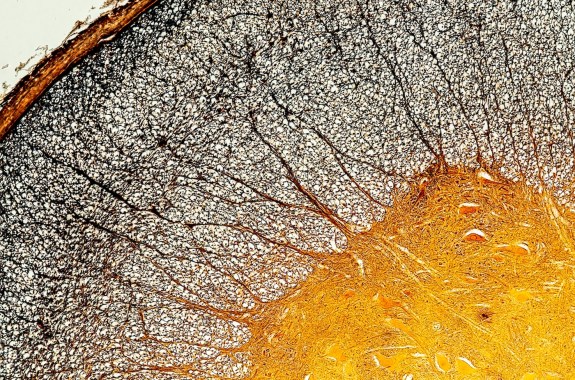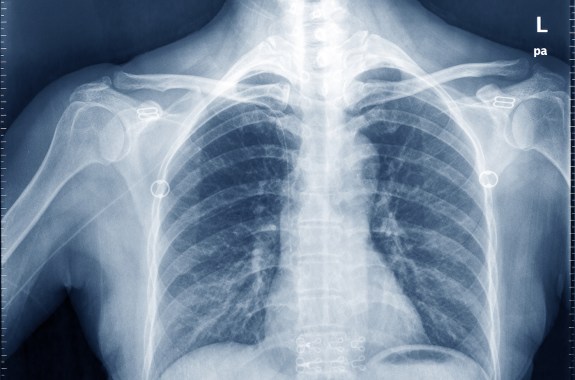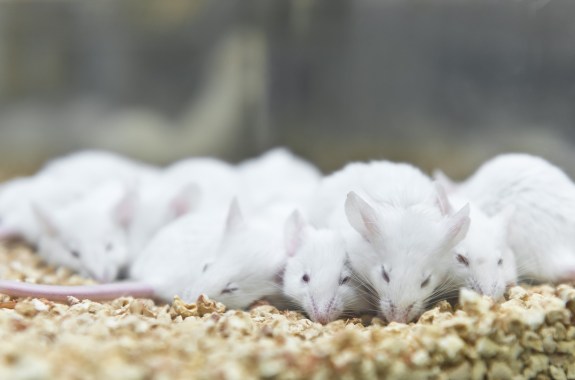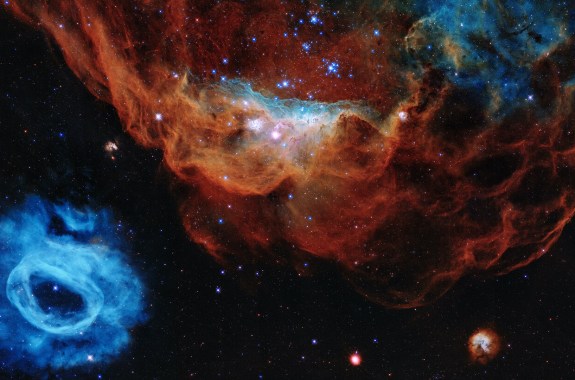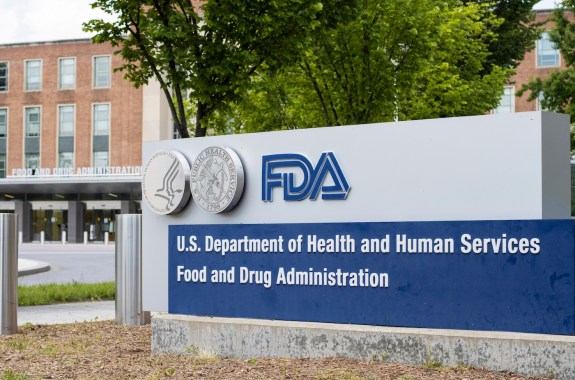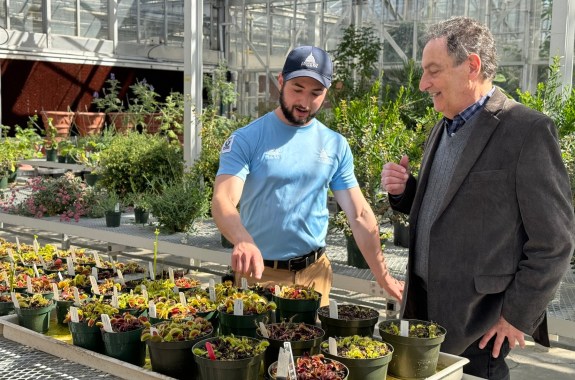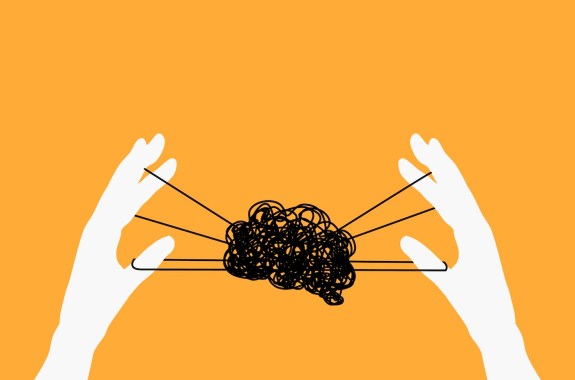Shoshannah Buxbaum is a producer for Science Friday. She’s particularly drawn to stories about health, psychology, and the environment.
Prior to joining Science Friday, she guest-hosted Utah Public Radio’s weekly science and research show, UnDisciplined. She started her career in television at New Jersey’s PBS Station, where she produced daily news segments and the station’s weekly public affairs shows. She holds a master’s degree from CUNY’s Newmark Graduate School of Journalism, with a health and science reporting concentration and audio specialization.
She’s a proud New Jersey native and will happily share her opinions on why the state is deserving of a little more love. When she’s not at work, you can find her hiking in the woods or experimenting with a new soup recipe.
12:12
Do Birds Sing In Their Dreams?
Birds move their vocal organs while they sleep, mimicking how they sing. Scientists have translated those movements into synthetic birdsong.
15:16
The Brain’s Glial Cells Might Be As Important As Neurons
These lesser-known nervous system cells were long thought to be the “glue” holding neurons together. They’re much more.
9:55
Why There Won’t Be A Superbloom This Year
What’s the difference between wildflowers blooming in the desert each spring, and the rare phenomenon of a “superbloom”?
7:38
How AI Could Predict Heart Disease From Chest X-Rays
Dr. Eric Topol discusses the promise of “opportunistic” AI, using medical scans for unintended diagnostic purposes.
9:03
Neurons ‘Tag’ New Memories For Storage During Sleep
A study in mice found that the brain tags new memories through a “sharp wave ripple” mechanism that then repeats during sleep.
17:17
Our Inevitable Cosmic Apocalypse
We revisit a 2020 interview with cosmologist Katie Mack about how the universe could end. Plus, remembering psychologist Daniel Kahneman.
16:41
The Bumpy Road To Approving New Alzheimer’s Drugs
After a controversial Alzheimer’s medication was discontinued, a new anti-amyloid drug receives extra scrutiny from the FDA.
11:39
UN Report Confirms 2023 Was Hottest Year On Record
The World Meteorological Organization’s report confirms last year had the highest temperatures on record and predicts an even hotter 2024.
16:54
Botanical Rescue Centers Take In Illegally Trafficked Plants
The U.S. Botanic Garden is one of 62 locations across the United States that rescue endangered species poached in the wild.
11:43
How Your Brain Constructs Your Mental Health
In ‘The Balanced Brain,’ Dr. Camilla Nord explores the neuroscience behind mental health, and how our brains deal with life’s challenges.
